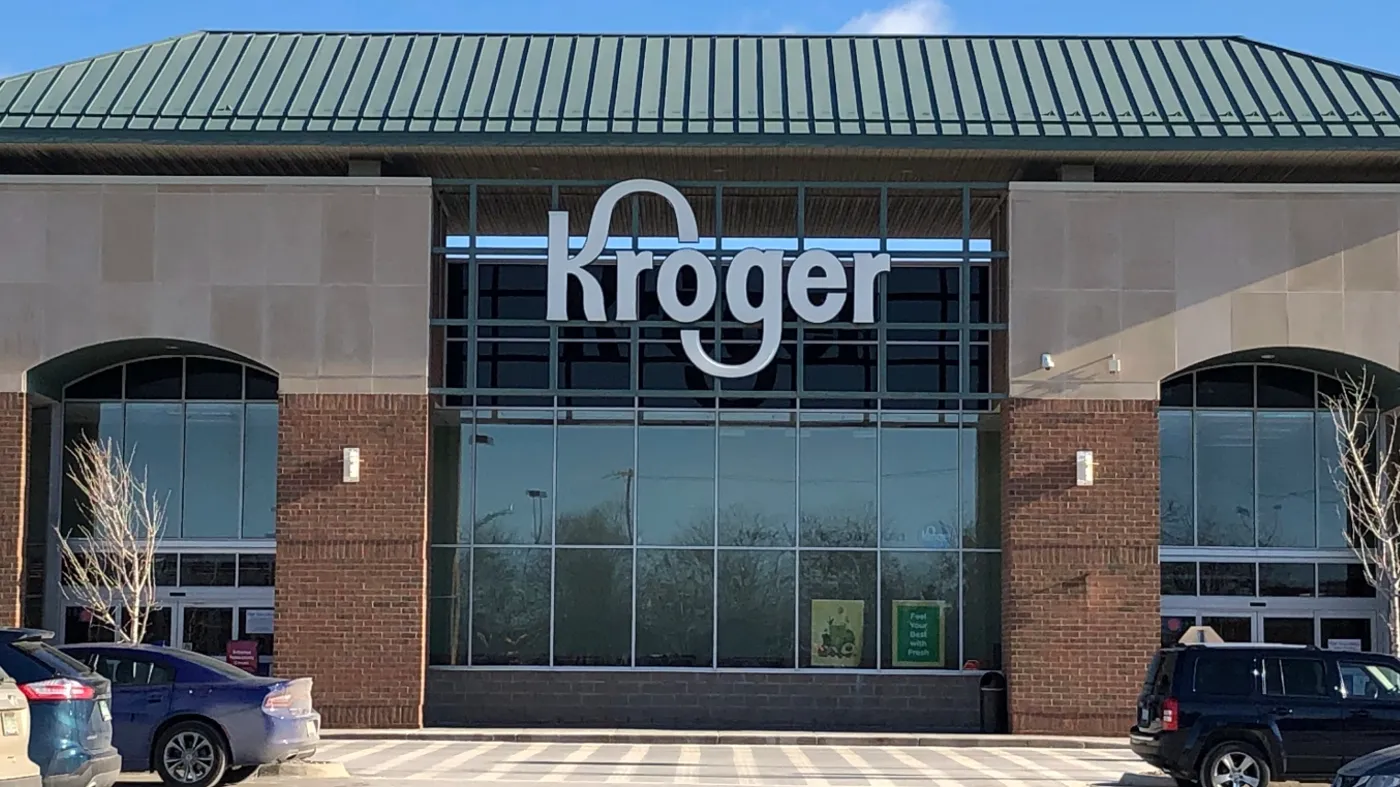Kroger-Albertsons Merger Blocked: What This FTC Decision Means for the Future

Understanding the FTC's Intervention in the Kroger-Albertsons Merger
A federal judge on Tuesday blocked the proposed $25 billion merger of Kroger and Albertsons, ruling that the deal would limit competition and harm consumers. This decision aligns strongly with recent assessments by the FTC, highlighting ongoing concerns about market monopolization.
Legal Backdrop and Consumer Impact
The ruling is not merely a setback for the grocery giants but a significant win for consumer protection advocates. The implications extend beyond just this merger, influencing future mergers within the grocery sector and setting a precedent.
- Kroger's strategic plans may face serious reevaluation.
- Albertsons must reconsider its operational strategies moving forward.
- Other grocery retailers will be analyzing this outcome closely for its broader impact.
Potential Path Forward
While the merger is currently blocked, the judge left the door open for future attempts at consolidation within the industry. This opens the possibility for Kroger and Albertsons to rethink their approach and potentially address the FTC's competitive concerns.
Analysts suggest that future collaborations may involve more focused strategies on how to maintain competition while pursuing growth through partnerships.
Future Outlook for Grocery Market Consolidation
As the legal battles proceed and strategies evolve, stakeholders across the grocery industry will remain vigilant about how this ruling impacts not only Kroger and Albertsons but also other competitors in the sector.
This article was prepared using information from open sources in accordance with the principles of Ethical Policy. The editorial team is not responsible for absolute accuracy, as it relies on data from the sources referenced.